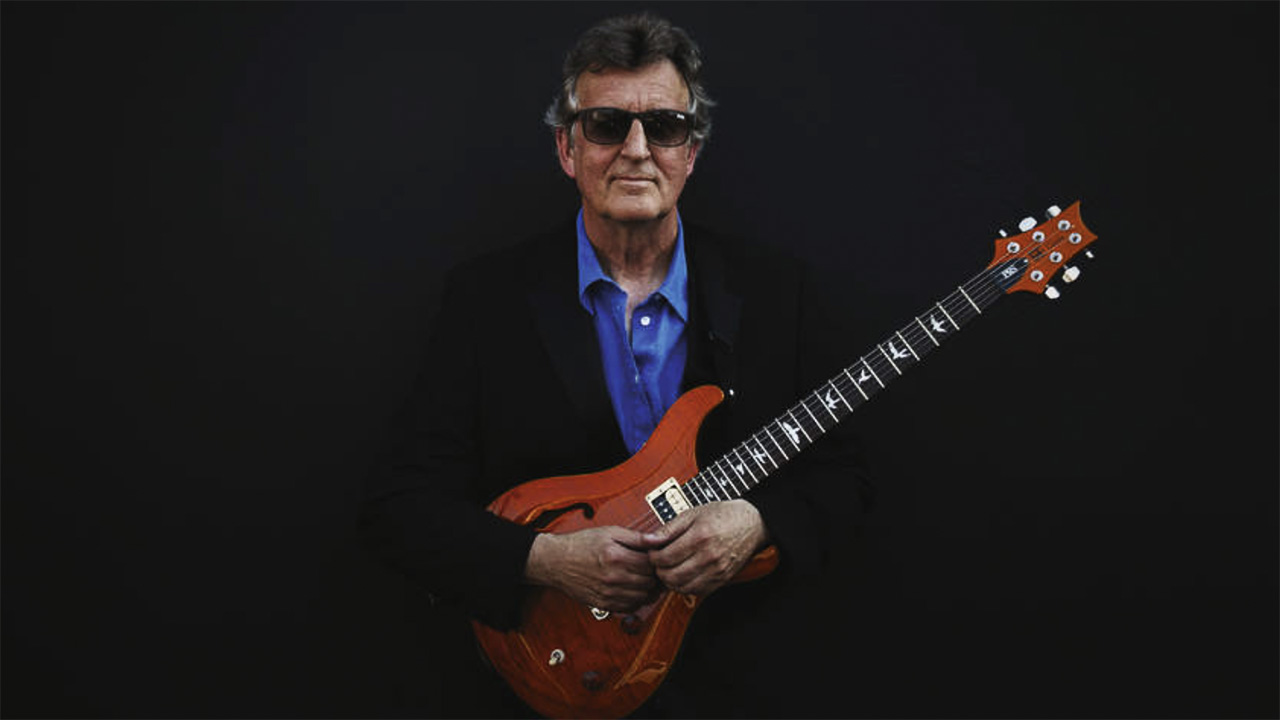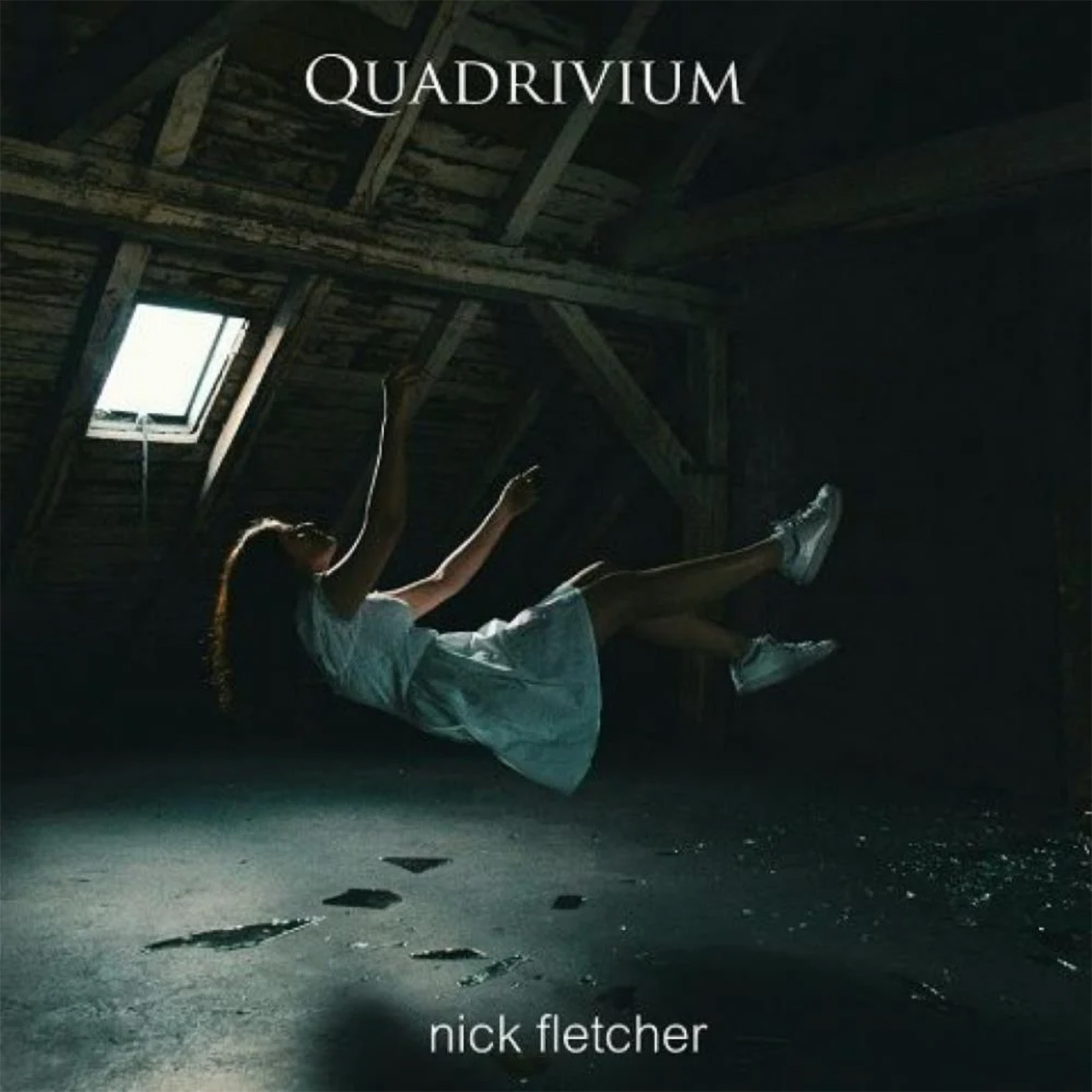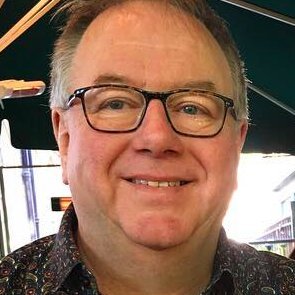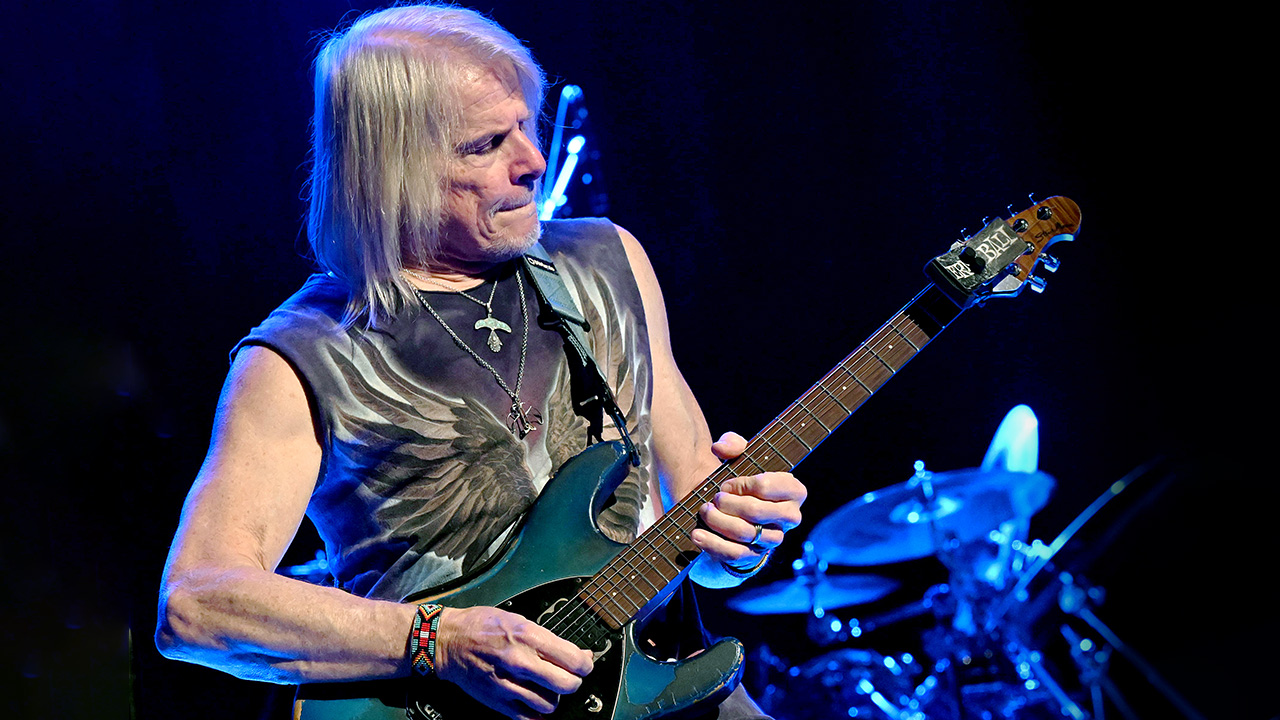“Even though I go off on a tangent sometimes, I think he appreciates the melodic aspect I bring to the John Hackett Band”: Guitarist Nick Fletcher indulges himself on solo instrumental Quadrivium
Jazz rocker explores modes, plaintive tones and mysticism on his album, featuring old bandmate Dave Bainbridge

Select the newsletters you’d like to receive. Then, add your email to sign up.
You are now subscribed
Your newsletter sign-up was successful
Want to add more newsletters?

Every Friday
Louder
Louder’s weekly newsletter is jam-packed with the team’s personal highlights from the last seven days, including features, breaking news, reviews and tons of juicy exclusives from the world of alternative music.

Every Friday
Classic Rock
The Classic Rock newsletter is an essential read for the discerning rock fan. Every week we bring you the news, reviews and the very best features and interviews from our extensive archive. Written by rock fans for rock fans.

Every Friday
Metal Hammer
For the last four decades Metal Hammer has been the world’s greatest metal magazine. Created by metalheads for metalheads, ‘Hammer takes you behind the scenes, closer to the action, and nearer to the bands that you love the most.

Every Friday
Prog
The Prog newsletter brings you the very best of Prog Magazine and our website, every Friday. We'll deliver you the very latest news from the Prog universe, informative features and archive material from Prog’s impressive vault.
Initially drawn to rock music, Nick Fletcher was inspired by Julian Bream and Andrés Segovia to study classical guitar at Huddersfield School Of Music. And although “for a teenager it wasn’t the coolest thing to do,” he felt justified in that Steve Hackett and Jan Akkerman had also explored that style.
On graduating in 1981, Fletcher played electric guitar in a prog band, Plan B, with keyboardist Dave Bainbridge; but they struggled to gain recognition. From 1990 there followed a period of 25 years spent teaching and composing classical guitar music, with solo albums, and duets with flautist John Hackett.
In 2015 Fletcher took up the electric again and has played and recorded with the John Hackett Band and released a number of prog/jazz fusion solo albums. The most recent, the instrumental Quadrivium, features Bainbridge and Caroline Bonnett on keyboards and former Jeff Beck drummer Anika Nilles.
Would you say your classical guitar training informed your electric playing?
Yes, having that background made playing the electric guitar easier and also gave me a greater understanding of the instrument; how the notes fitted together on the fingerboard. It helped me enormously to unlock the guitar.
Which electric guitarists influenced you?
From the late 60s, there was a wave of incredibly talented players: Steve Howe, Jan Akkerman, David Gilmour, Steve Hackett, Jeff Beck, Jimmy Page – the list goes on. I was fortunate to grow up in an era when I could assimilate that.
Sign up below to get the latest from Prog, plus exclusive special offers, direct to your inbox!
John McLaughlin became a big influence, and Allan Holdsworth – his concept and approach to playing the guitar was very different and resonated with me. Some people think of melody as being something succinct that you can sing, but Holdsworth’s playing is more like a baroque melody, which can go on for a long time but has fluency and coherence. I’ve never learned guitar licks to create a solo; I just think in terms of melody, follow my nose and see where it goes.
How would you describe your chemistry with John Hackett?
We started out as a flute and guitar duo playing baroque repertoire – Bach, Handel and Vivaldi, and some of John’s own tunes. He’s also a singer and songwriter and we have a lot in common in that we both feel we don’t really fit in too many places.
We straddle both camps of classical and progressive rock – and I’m more fusion as well. John also loves melody, so even though I go off on a tangent sometimes, I think he appreciates the melodic aspect that I bring to the John Hackett Band.
I don’t like to be put in a box as a blues, rock, jazz or classical guitar player. I’m always listening and trying to incorporate lots of things into what I do. One of the great things about being involved in progressive music is that it encompasses all that, and most of the listeners are broad-minded.
Your website bio claims that your 2021 album Cycles Of Behaviour was influenced by Camel, Stravinsky, Ravel and Herbert Howells. That’s quite a mix! Can you discern a thread that runs through all that music?
Yes, definitely. I have quite a modal approach to writing. I like more plaintive-sounding music, which is based upon modes, and the composers that you mentioned, that’s very much what they do.
I also use a lot of polytonality, where you incorporate two or more different keys simultaneously within a harmonic structure. And on Quadrivium I do that more than I have done before. There are odd time signatures, which you find in Stravinsky’s writing as well. And in Caravan and Camel’s music back in the 70s there was a huge amount of very concentrated, well-written melody.
Quadrivium was inspired by Plato’s philosophy and is conceptually pretty weighty. Did the idea or the music come first?
The whole notion of the ‘Four Noble Arts’ sparked something off in my imagination … I like to have a unifying concept, some kind of narrative that draws the music together
I’d been writing the music for a while, but it didn’t feel too coherent. The whole notion of Quadrivium, or the ‘Four Noble Arts,’ sparked something off in my imagination. I thought, “This would be interesting to explore in music that takes the listener on a journey.” I like to have a unifying concept, some kind of narrative that draws the music together.
You’ve recorded albums of hymns and have explored mysticism and esoteric philosophy, and that spiritual dimension seems important to your music.
On the new album there’s that element as well. A Wave On The Ocean Of Eternity is almost a quote from the philosopher Alan Watts, whose writing sparked my imagination for that track. And there are a couple of Eastern-sounding tracks, which are moving into Shakti/Mahavishnu territory.
That’s partly because I wanted to explore Hindu mysticism, something else that I’m very interested in. So you’re right, it comes through in my music, because it’s a part of who I am and what I want to express.

Is there any chance of audiences getting to see the Quadrivium band play live?
It would be a dream come true, but it’s too expensive to put on the road. But the John Hackett Band are halfway through recording a new album, which is planned for release in late January. And then we’ve got gigs all over the country to promote that album.
Steve Hackett said that you are “probably the best jazz rock guitarist in the country” – quite some accolade.
To have your guitar hero saying those things is just great. I was very moved by that. And if it wasn’t for Steve, I wouldn’t have travelled the classical route.
As a 15-year-old boy listening to The Voyage Of The Acolyte I was in awe of Steve’s writing and playing – I also thought to myself, “Blimey, he’s got a brother who plays the flute brilliantly!” And then years later to find myself being friends with Steve and playing with John was almost surreal. We’ve had a good collaboration and it’s been a fantastic experience.
Mike Barnes is the author of Captain Beefheart - The Biography (Omnibus Press, 2011) and A New Day Yesterday: UK Progressive Rock & the 1970s (2020). He was a regular contributor to Select magazine and his work regularly appears in Prog, Mojo and Wire. He also plays the drums.

